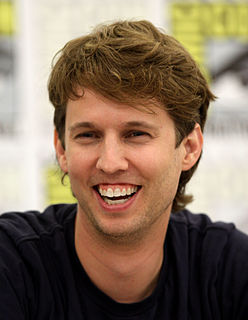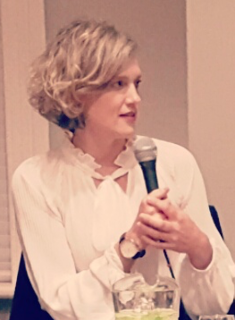A Quote by Michael Spence
My father once said about being a parent that it is the only thing you do that requires a very long period of learning, and at about the time that you are becoming competent, you don't need the skills anymore. Notwithstanding this modest assessment of their parenting skills, they were wonderful parents.
Related Quotes
Business requires an unbelievable level of resilience inside you, the chokehold on the growth of your business is always the leader, it's always your psychology and your skills - 80% psychology, 20% skills. If you don't have the marketing skills, if you don't have the financial-intelligence skills, if you don't have the recruiting skills, it's really hard for you to lead somebody else if you don't have fundamentally those skills. And so my life is about teaching those skills and helping people change the psychology so that they live out of what's possible, instead of out of their fear.
I have great faith in 'ordinary parents.' Who has a child's welfare more at heart than his ordinary parent? It's been my experience that when parents are given the skills to be more helpful, not only are they able to use these skills, but they infuse them with a warmth and a style that is uniquely their own.
Without question, students need to practice, review, and drill skills, but they should do so only in the spirit of working toward more complex mastery of those skills. Redundant drill of skills is inherently boring and insulting to the learner, and it is one of the most effective methods for turning students off to learning.
One of the great things about being a grandparent is you get to redo what you didn't or couldn't do as a parent. Oftentimes we forget that even while the parent is parenting, they're still a growing person. They're still trying to fix themselves. They're still out there not doing everything a hundred percent correctly. I had the best parents I could ever have, but the kinds of things that they were capable of doing, the things that they said and did, were very destructive to my sister, brother, and me. But they're so much more than those things.
People give you a hard time about being a kid at twelve. They didn't want to give you Halloween candy anymore. They said things like, “If this were the Middle Ages, you'd be married and you'd own a farm with about a million chickens on it.” They were trying to kick you out of childhood. Once you were gone, there was no going back, so you had to hold on as long as you could.
There is a section of our population in South Africa that you can't expect to get integrated in the economy of its own. These are people without skills and that will include young people who might very well have matric certificates, but don't have the skills to be absorbed in the economy. So we need to target people like those in a special way, in a focused way so that they have the skills and the capacity to participate in the economy. That requires special programmes.





































